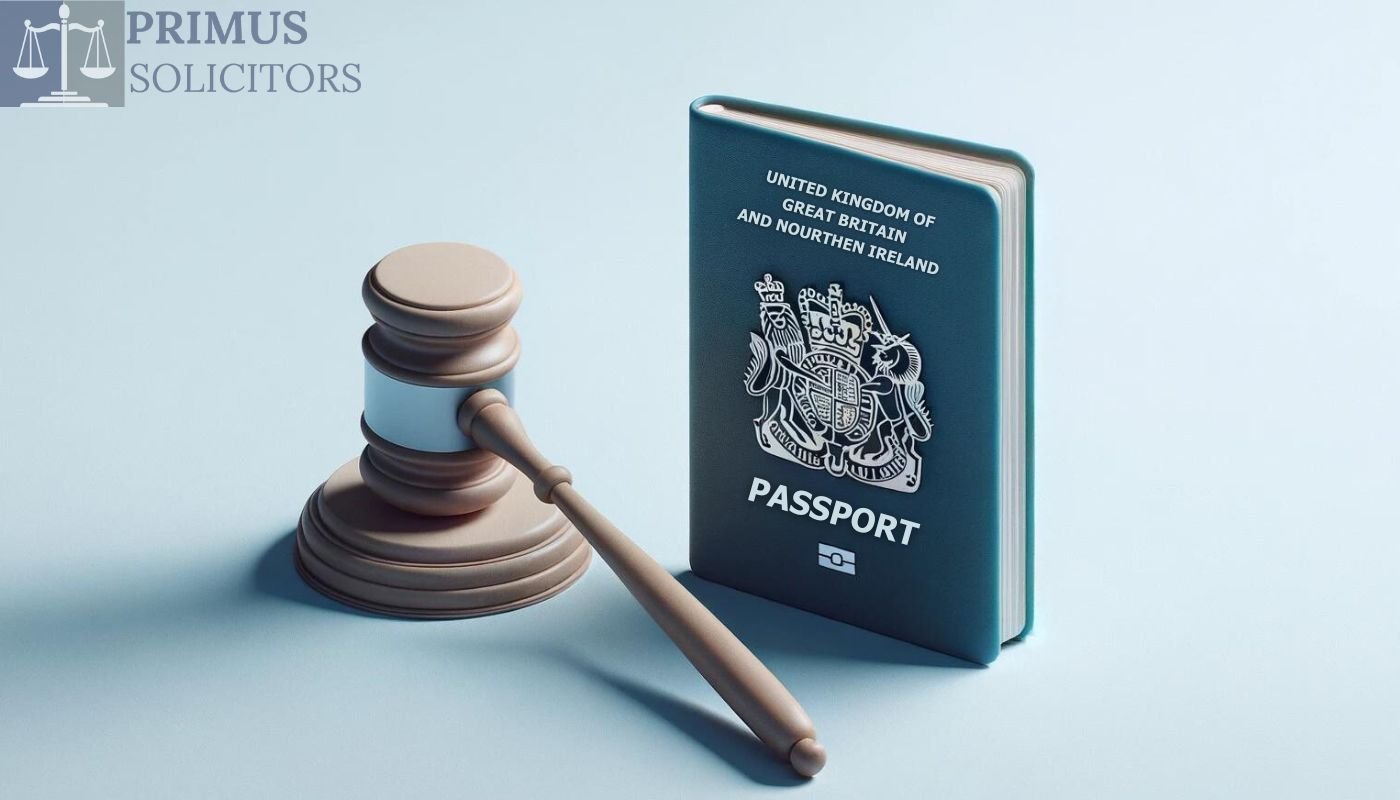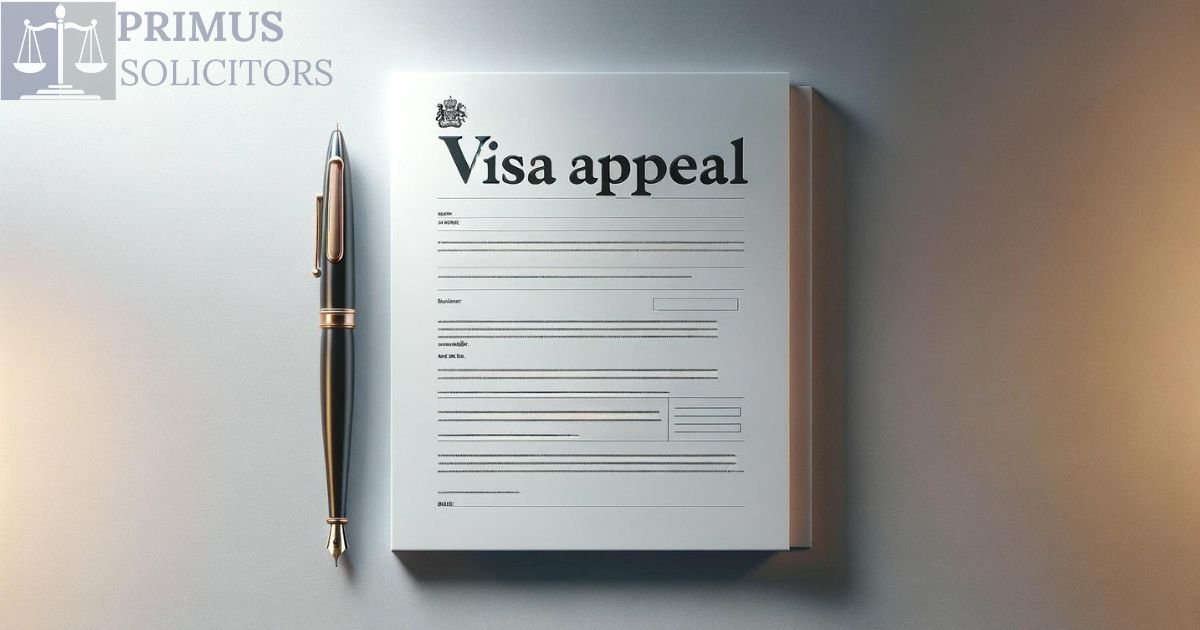Obtaining a spouse visa in the UK can be intricate and difficult challenge. However, it’s important to remember that there are clear, actionable steps that you can take to contest and potentially overturn this decision, such as appealing the decision or submitting a fresh submission
In this article we aim to cover the basics and break down the complexities as to why spouse visas are refused, and what initial steps you should consider if you find yourself facing this disappointing outcome.
Key Points Takeaways
| Topic | Key Points |
|---|---|
| Common Causes for Spouse Visa Refusals | Ineligibility due to financial requirements – Insufficient evidence of a genuine relationship |
| How to Start An Contest | Seek professional help for navigating complexities – Ensure timely notification of appeal intent |
| The Spouse Visa Plead Process | Notify intent to contest within specified timeframe, usually 2 weeks when submitted from inside the UK |
| Timelines and Fees | Full process can take months – Fees vary depending on format and review type |
| Alternatives to Appealing | Submitting a fresh application as an alternative – Proper preparation crucial for success |
Commons Causes for Spouse Visa Refusals
There are generally two primary reasons for the refusal of a spouse visa: ineligibility and insufficient evidence. Each category encompasses various factors that can lead to a denial by the Home Office.
Refusal Reasons Explained
- Ineligibility: This could be due to not meeting the financial requirements, which as of April 4th, 2024, have increased significantly to £29,000, unless exempt via a spouse visa fee waiver. Ensuring you meet this requirement is crucial.
- Insufficient Evidence: A frequent stumbling block is the failure to convincingly demonstrate a genuine relationship. This requirement is critical and often misunderstood by applicants.
How to Start An Appeal
With these strict guidelines without professional help can be daunting. Our Immigration lawyers at UKSpouseVisas can help you through the complexities of immigration appeal processes, maximising the likelihood of a your appeal being granted.
What to Do After a Spouse Visa Application Refusal
When your spouse visa application is refused, it’s key to assess the viable your options you have. One of the most robust avenues is to appeal the decision. This is not just about contesting the refusal but proving that the decision was unjust based on the evidence and circumstances presented.
Leveraging Legal Rights
Article 8 of the European Convention on Human Rights can be an asset in your appeal. It protects the right to family and private life, arguing that a refusal interferes with these fundamental rights.
The Spouse Visa Appeal Process
Appealing a spouse visa refusal involves several critical stages. Understanding each step is essential in conducting the proper appeal process effectively and increasing your chances of a favourable outcome.
- Notification of Intent to Appeal: Initially, you must notify the appropriate authorities of your intent to contest the decision. This must be done within the specified timeframe on the decision letter that is given to applicants when their initial spouse visa gets refused, this is usually 2 weeks, but can vary depending on whether you are inside or outside the UK at the time of application.
- Submission of Appeal Form: You must complete and submit an official form, detailing the grounds of your contention and any new evidence you wish to present to the judge.
Timelines and Fees
- Immigration Appeal Processing Timelines: The full appeal process can take several months, depending on the complexity of the case and the backlog of the tribunal in which you are appealing your case to.
- Fees: There are fees associated with filing an appeal, which vary depending on whether you are given a paper-based review or an oral hearing. Other fees such as legal and barrister fees will be separate form the fee of submitting the appeal.
Different Formats for Appeal Hearings
Appeals can be conducted in several formats:
- In-person: Traditional court settings where both parties present their case.
- Phone or Video Call: For applicants unable to attend in person, remote hearings can be arranged.
Decision & Processing Timeframe
The decision on an appeal can take from a few weeks to several months, depending on the specific circumstances of the case and the workload of the tribunal.

What Alternatives are There to Appealing a Decision?
Submitting a Fresh Application
If appealing the decision doesn’t seem favourable or if you have already submitted an appeal that was unsuccessful, another viable option is to submit a fresh application. This process involves addressing the reasons for the initial refusal and submitting a new application.
How to Prepare a Fresh Application
Proper preparation and complete documentation are crucial when preparing a fresh application, as such It’s vital to follow the below:
- Address Previous Reasons for Refusal: Make sure that any grounds for the previous refusal are thoroughly addressed in your new application.
- Ensure Complete and Accurate Documentation: The reapplication must include all necessary documents, ensuring they are up-to-date and accurately filled out.
Strategic Reapplication
Reapplying offers you a chance to correct mistakes and strengthen your application with additional evidence or clearer documentation that you might have overlooked previously.
How to Reduce Chances of Refusal
Learning from Past Mistakes
Reflecting on the reasons for previous refusals is crucial in preventing future denials. Common pitfalls include:
- Inadequate Documentation: Ensuring that all required documents are present and correctly filled out is essential.
- Insufficient Evidence of Relationship: Include comprehensive proof such as marriage certificates, joint bank account statements, and photographs together to demonstrate the genuineness of the relationship.
Fresh Submission Application Preparation
- Attention to Detail: Every aspect of the application should be meticulously reviewed to avoid errors that could lead to another refusal.
- Comprehensive Evidence: Include all possible evidence to meet and exceed the criteria laid out by the immigration authorities.
Conclusion
For those facing or a spouse visa application refusal, remember that help is available. Consulting with our experienced immigration lawyers can provide you with the expertise you need to successful gain a UK spouse visa, whether via an appeal or fresh submission.
For more information or to seek assistance on how to resolve you spouse visa application refusal, do not hesitate to contact our team of experts. We are here to support you every step of the way.

